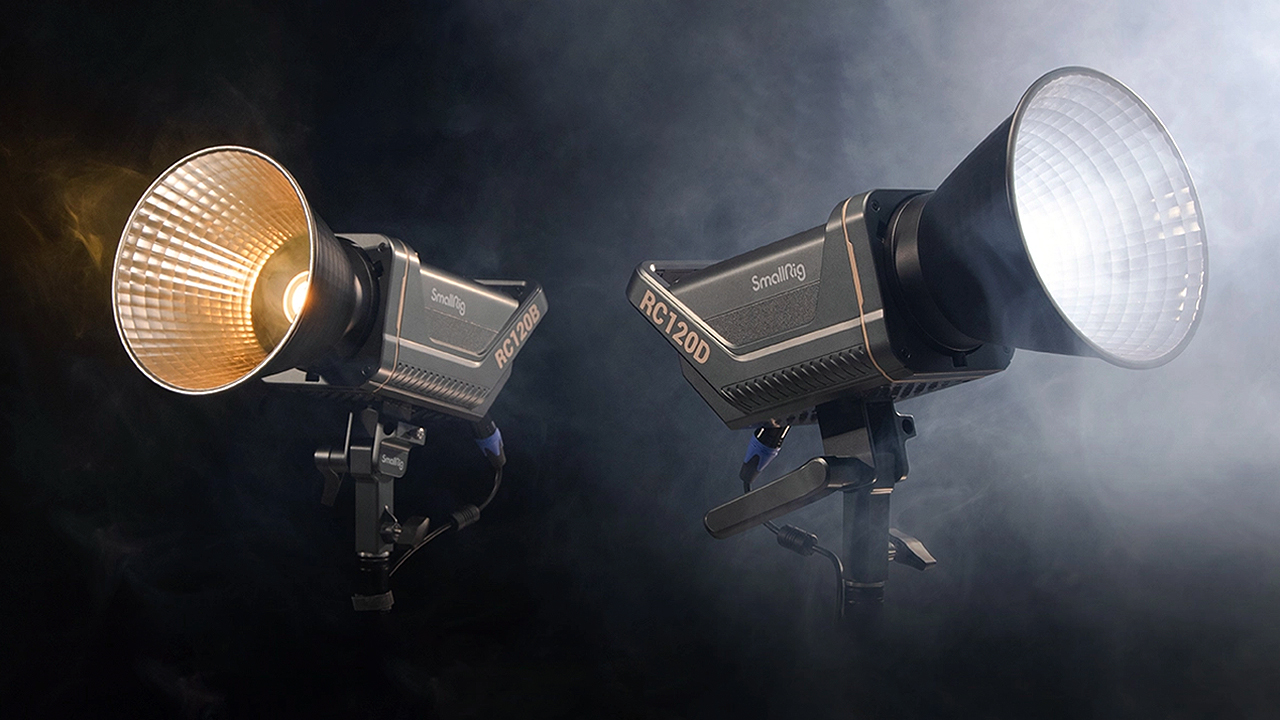T-Mobile today announced it has made an unspecified investment in The Drone Racing League (DRL) via the T-Mobile Ventures fund, with plans to increase its expertise in 5G drone technology over the next several years.
As DRL’s exclusive U.S. 5G wireless partner, T-Mobile will work with DRL to create integrated 5G racing drones, with the goal of “authentically building them into the sport,” according to a press release.
The partnership starts with the development of the custom DRL racing drones. From there, they plan to create immersive new experiences for sports fans, according to a blog post by John Saw, the former Sprint CTO who is now EVP of Advanced & Emerging Technologies at T-Mobile.
T-Mobile and its rivals AT&T and Verizon have been actively involved in the development of drone technologies for quite a few years now. Verizon’s involvement in the space includes the 2017 acquisition of the drone business Skyward, a company that doesn’t make drones but whose services enable enterprises to safely deploy drones at scale.
For T-Mobile, its work started in 2015 to integrate drones with the network to enable operations such as delivery services and infrastructure inspection. T-Mobile is a member of the Small UAV Coalition, an industry group focused on drone legislation and policy at the federal level; Verizon also is a member.
“Our goal is to help safely integrate small UAVs into the national air space and fuel innovation that will drive economic growth by bringing new services and capabilities to businesses and consumers,” Saw wrote. “With T-Mobile 5G we are working to unlock advanced drone operations such as flight that goes well beyond line of sight.”
T-Mobile also says its 5G Standalone (SA) network offers an advantage. While Verizon and AT&T are in the midst of deploying their SA versions of 5G – all the carriers first launched their 5G services using the non-standalone (NSA) version of the standard – T-Mobile was first out of the gate with SA.
RELATED: T-Mobile launches nationwide 5G standalone network
In areas where it has SA deployed, its engineers report seeing up to a 40% improvement in latency during their tests, according to the blog. Low latency is seen as key to the ecosystem in that it will enable quick coordination of drones in the air and the ability for traffic management systems to approach real-time awareness of drones and other obstacles.
As for other use cases for drones, T-Mobile points to the company Unmanned Life, which is developing autonomous drones to disinfect public places in the U.K. to help fight COVID-19. It also plans in the Oxford region to deliver medical supplies from pharmacies to patients at home with Covid.












